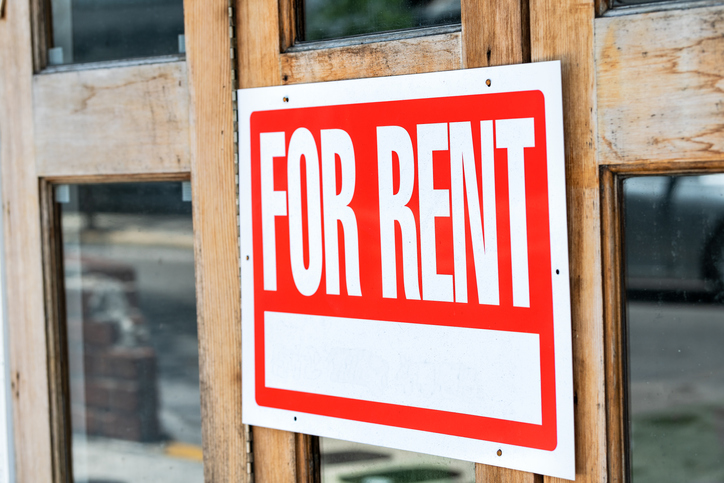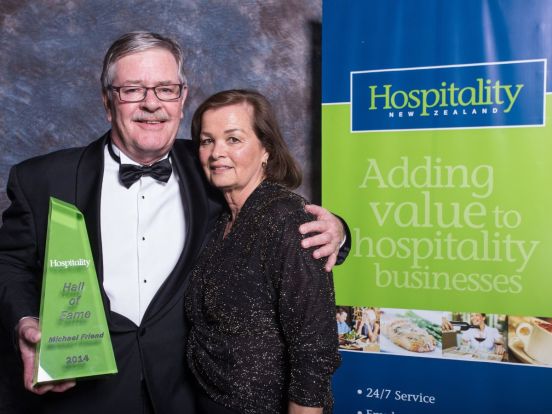Hospitality New Zealand has welcomed news that the Government will legislate to help resolve commercial rent disputes resulting from Covid-19 but says the legislation does not go far enough.
The association has been advocating since the start of lockdown for commercial rent relief and mandatory processes for dispute resolution to help hospitality and accommodation operators that have been struggling to meet their rent and other fixed costs while their trade has been restricted.
Justice Minister Andrew Little announced that the Government will legislate to ensure businesses which suffered as a result of the Covid-19 response will get help to resolve disputes over commercial rents.
A temporary amendment to the Property Law Act will insert a clause in commercial leases requiring a fair reduction in rent where a small to medium business has lost revenue because of Covid-19; and the Government will provide upt to $6000 in funding to support arbitration.
Hospitality New Zealand Chief Executive Julie White said the response was “good news but falls short of what we have been asking for and what is urgently needed.
“I received a call from Minister Little where we acknowledged and welcomed the assistance from Government to get landlords and tenants around the table when dialogue and negotiations break down, we are however, concerned it is too narrow and will bring unintended consequences for medium and larger businesses and ultimately job losses.”
To be eligible for the implied clause a business needs to have 20 or fewer full-time staff at each leased site. Where businesses and landlords have already been able to reach agreement in response to Covid-19, they will not be able to use the new process.
Hospitality New Zealand says it has been working directly with Government and alongside other industry organisations in seeking increased protection for commercial tenants since lockdown began.
This has included advocating for a mandatory code of conduct that sets a level playing field in landlord and tenant negotiations; and for a six-month moratorium on lease cancellations and debt recovery action by landlords for commercial tenants whose businesses are eligible for the wage subsidy.
“Not all landlords have played their part, and not all tenants have played their part. We need to be able to ensure that the weight of the costs of Covid-19 are fairly shared, and we will continue to work with the Government to achieve this,” Julie White said.
“Hospitality operators have been accumulating debt for months with the slow down in tourism starting early in the year, followed by full lockdown and then the limitations of operating at Levels 3 and 2.
“Even with restrictions easing at Level 1, they will continue to have lower turnover with international travel non-existent, unemployment expected to double and people having less disposable income. “The wage subsidy is helping us to reduce some of our operating costs but we still need to pay rent which for some is 30 percent of outgoings. A fair and equitable solution is critical to saving our businesses and the jobs that they provide,” White said.








